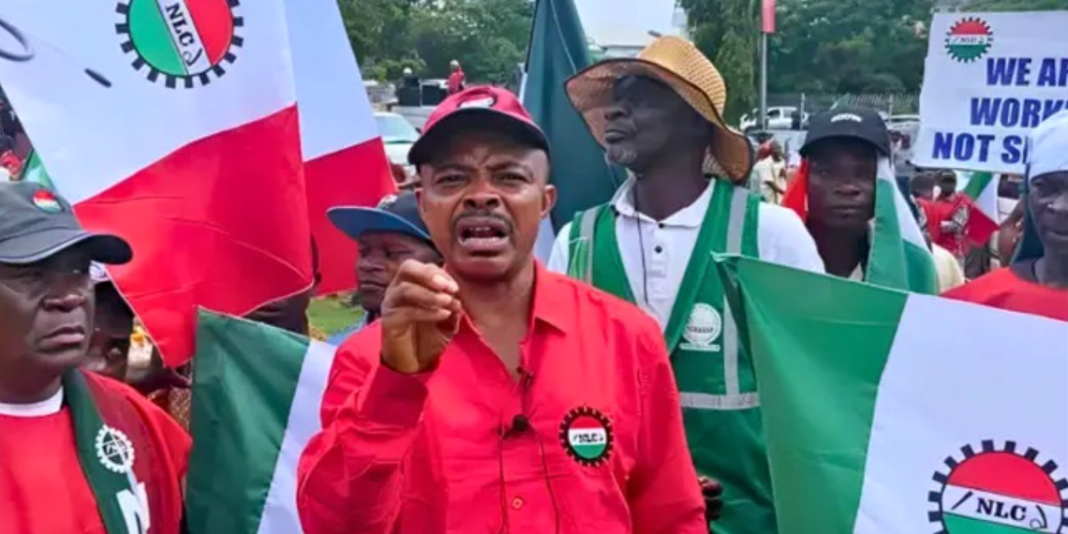The Nigeria Labour Congress (NLC) and the Kano State Government have called on President Bola Ahmed Tinubu to retract the contentious tax reform bills currently under consideration by the National Assembly.
NLC President Joe Ajaero made the appeal in his New Year’s message to Nigerian workers, titled “In 2025, Hope is in Our Collective Resolve.”
Similarly, Kano State Governor Abba Kabir Yusuf, through his deputy Aminu Abdussalam Gwarzo, expressed the state’s opposition during New Year celebrations at the Kofar Naisa Open Theatre in Kano.
President Tinubu had previously stated in a media chat that his administration’s tax reform agenda is non-negotiable.
However, Ajaero urged the federal government to withdraw the bills to allow for inclusive consultations with key stakeholders.
He emphasized that the issue would feature prominently at the NLC’s national dialogue set for later this month in Ibadan, Oyo State.
“As we convene a national dialogue in Ibadan, we aim to collaboratively design a tax law that garners broad acceptance and drives national development, which is the core objective of governance,” Ajaero noted.
He also stressed the importance of industrial harmony, urging the government to respect trade union agreements, adopt pro-worker policies, and review wages to reflect the economic realities exacerbated by recent policies.
Additionally, he warned against the rising use of force in labor disputes, labeling it a threat to industrial peace.
Ajaero reiterated the union’s demand for the implementation of the 2024 National Minimum Wage Act from the start of the year.
Kano State: Proposed Tax Law Threatens National Unity
In a statement by Chief Press Secretary Ibrahim Garba Shu’aibu, Kano State’s Deputy Governor Gwarzo criticized the tax reform proposal, describing it as “ill-timed, inequitable, and detrimental to national unity.”
He argued that the reform fails to address the pressing economic challenges facing Nigerians, particularly in the North, which is grappling with hyperinflation and insecurity.
“The presidency should focus on eradicating extreme poverty and hunger, especially in the northern region,” Gwarzo stated.
He also highlighted Kano State’s efforts in healthcare, education, and infrastructure as examples of impactful governance.
The call from both the NLC and Kano State adds to growing concerns about the proposed tax reforms’ potential impact on workers and the economy.


